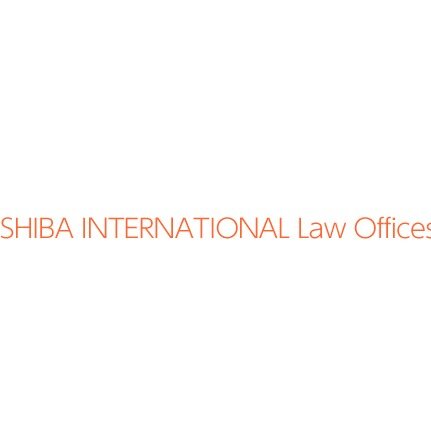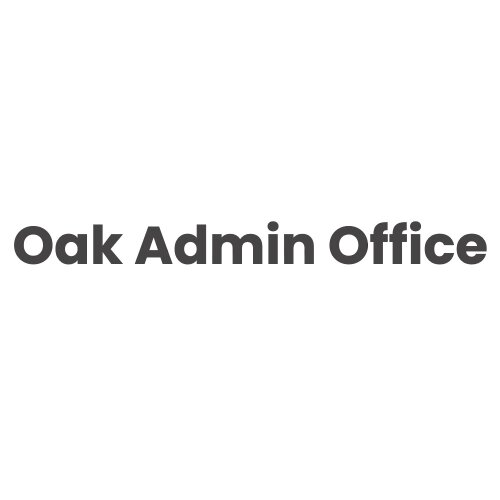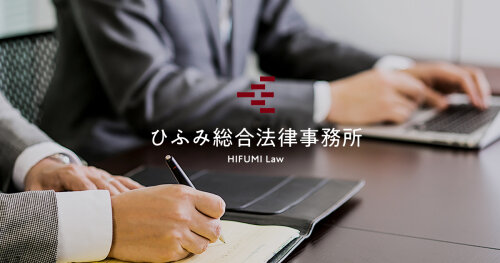Best Funds & Asset Management Lawyers in Tokyo
Share your needs with us, get contacted by law firms.
Free. Takes 2 min.
List of the best lawyers in Tokyo, Japan
About Funds and Asset Management Law in Tokyo, Japan
Funds and asset management involves professionally managing financial investments on behalf of individuals and institutions. Tokyo, as one of Asia’s primary financial centers, has a sophisticated legal framework that governs these activities, emphasizing investor protection, transparency, and market integrity. The management of investment funds, mutual funds, private funds such as venture capital or hedge funds, and discretionary investment services are all regulated fields in Japan. The Financial Services Agency (FSA), alongside self-regulatory organizations, oversees participants in this sector to ensure compliance with relevant laws and regulations.
Why You May Need a Lawyer
Several scenarios can require professional legal assistance in funds and asset management in Tokyo. Common reasons include:
- Establishing a new investment fund or asset management business
- Navigating the licensing and registration process with Japanese regulators
- Ensuring compliance with regulations such as the Financial Instruments and Exchange Act (FIEA)
- Drafting or reviewing fund-related contracts, offering documents, or partnership agreements
- Addressing disputes with investors, partners, or regulatory authorities
- Managing cross-border investment structures involving inbound or outbound investment
- Providing legal support during audits or regulatory investigations
- Advising on tax implications for different types of funds and investors
Given the complexity and evolving nature of the regulatory environment in Japan, legal advice is essential to avoid costly pitfalls and to ensure your fund or asset management operations remain compliant.
Local Laws Overview
Key aspects of funds and asset management law in Tokyo include:
- Financial Instruments and Exchange Act (FIEA): FIEA is the core legislation regulating securities, derivatives, and asset management businesses in Japan. It stipulates licensing, disclosure, and conduct requirements for fund managers and distributors.
- Registration and Licensing: Asset managers operating in Japan typically need to register as a Financial Instruments Business Operator (FIBO) with the FSA. Certain exemptions may apply for specific fund types or management structures.
- Disclosure Obligations: Comprehensive disclosures must be provided to investors regarding investment risks, strategies, fees, and other critical aspects. Ongoing reporting duties also apply.
- Self-Regulatory Organizations (SROs): The Japan Investment Advisers Association and The Investment Trusts Association set industry standards and supervise their members in addition to government oversight.
- Cross-Border Rules: Foreign fund managers marketing products to Japanese investors must comply with local registration and compliance requirements. This also applies to Japan-domiciled funds targeting overseas investors.
- Anti-Money Laundering (AML) and Know Your Customer (KYC): Firms must adhere strictly to AML and KYC procedures to prevent illicit activities.
- Investor Protection: Multiple mechanisms, including compensation fund schemes and mandatory fiduciary duties, are in place to safeguard investors.
Staying current with legal developments is crucial, as Japan frequently updates its regulatory landscape to respond to domestic and international financial trends.
Frequently Asked Questions
What types of investment funds are regulated in Japan?
Both open-ended and closed-ended funds, including mutual funds, venture capital funds, hedge funds, and REITs, fall under Japanese regulations if they target investors in Japan.
Is it necessary to register a fund or asset management company in Japan?
Generally, yes. If you are managing assets on behalf of others or offering interests in a fund to Japanese investors, you typically require registration with the FSA unless a valid exemption applies.
Can a foreign asset manager offer products to Japanese investors?
Yes, but they must comply with Japanese regulations, which may involve registering as a FIBO, appointing a local representative, and meeting disclosure requirements.
What disclosures must be provided to investors?
Managers must provide clear information on fund objectives, risks, fees, investment strategy, and conflicts of interest both at inception and on an ongoing basis.
What is a FIBO license and how can I obtain one?
A FIBO license authorizes a company to conduct financial instruments business. Obtaining it involves an application to the FSA, detailed documentation, and meeting organizational and financial requirements.
What are the main legal risks in asset management?
Risks include non-compliance with FIEA, inadequate disclosures, failure to obtain required licenses, AML/KYC breaches, and contractual disputes with investors or partners.
How are investment funds taxed in Japan?
Tax treatment depends on the fund type, investor status, and source of income. Both corporate and individual tax considerations apply, and double taxation treaties may be relevant.
What role do SROs play in regulatory compliance?
SROs establish industry standards, monitor member conduct, and may impose penalties for breaches, supplementing FSA oversight.
What are fiduciary duties in asset management?
Fund managers and advisers must act in the best interests of their clients, avoid conflicts of interest, and provide services with due skill, care, and diligence.
What should I do if I face a regulatory investigation?
Seek immediate guidance from a qualified lawyer. Cooperate with investigators, maintain thorough records, and follow legal advice throughout the process.
Additional Resources
There are several government agencies and industry organizations that provide valuable information and support for those involved in funds and asset management in Tokyo:
- Financial Services Agency (FSA): The main regulator for securities and asset management firms in Japan. Offers guidance, licensing information, and regulatory updates.
- Japan Investment Advisers Association (JIAA): An SRO for investment advisers and discretionary investment managers.
- The Investment Trusts Association, Japan: SRO and resource center for fund managers and investment trust companies.
- Tokyo Metropolitan Government: Provides support and incentives for foreign asset managers entering the market in Tokyo.
- Japan Securities Dealers Association (JSDA): Self-regulatory body overseeing securities companies offering asset management services.
- Local bar associations: Connects individuals and businesses with qualified funds and asset management lawyers in Tokyo.
Next Steps
If you need legal assistance in funds and asset management in Tokyo:
- Clearly define your needs, whether it is starting a fund, regulatory compliance, or resolving a dispute.
- Gather all relevant documents including business plans, contracts, and previous regulatory correspondence.
- Choose a lawyer or law firm with experience in funds and asset management law, preferably those familiar with international as well as domestic regulations.
- Schedule an initial consultation to assess your situation and receive preliminary guidance.
- Follow your lawyer’s instructions carefully, and keep communication open for efficient resolution of your matter.
- Remain proactive in monitoring compliance and seeking ongoing legal advice as regulations change or your business grows.
Legal guidance is essential in navigating the complex regulatory environment of funds and asset management in Tokyo. Early consultation with a knowledgeable lawyer can save time, reduce risk, and protect your interests.
Lawzana helps you find the best lawyers and law firms in Tokyo through a curated and pre-screened list of qualified legal professionals. Our platform offers rankings and detailed profiles of attorneys and law firms, allowing you to compare based on practice areas, including Funds & Asset Management, experience, and client feedback.
Each profile includes a description of the firm's areas of practice, client reviews, team members and partners, year of establishment, spoken languages, office locations, contact information, social media presence, and any published articles or resources. Most firms on our platform speak English and are experienced in both local and international legal matters.
Get a quote from top-rated law firms in Tokyo, Japan — quickly, securely, and without unnecessary hassle.
Disclaimer:
The information provided on this page is for general informational purposes only and does not constitute legal advice. While we strive to ensure the accuracy and relevance of the content, legal information may change over time, and interpretations of the law can vary. You should always consult with a qualified legal professional for advice specific to your situation.
We disclaim all liability for actions taken or not taken based on the content of this page. If you believe any information is incorrect or outdated, please contact us, and we will review and update it where appropriate.
















